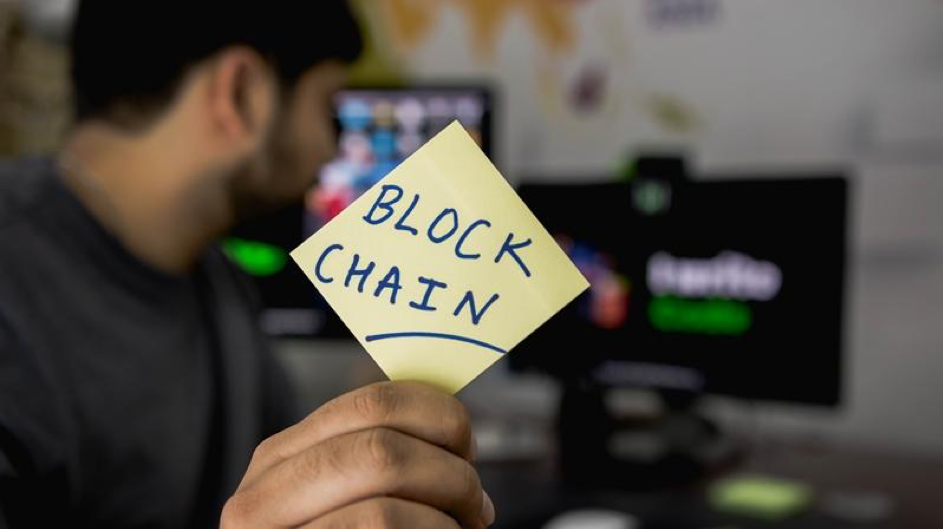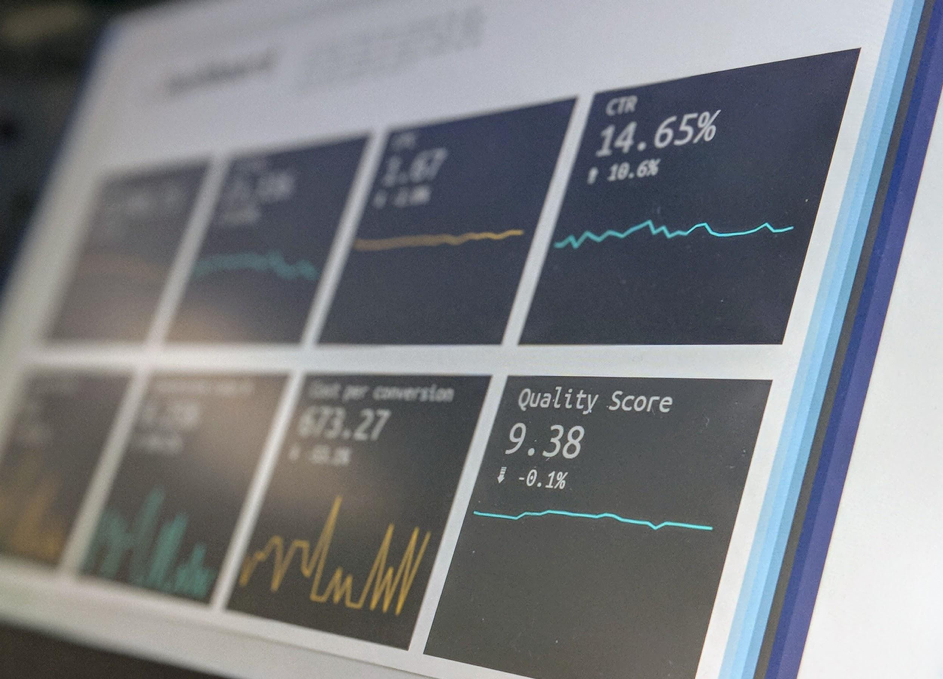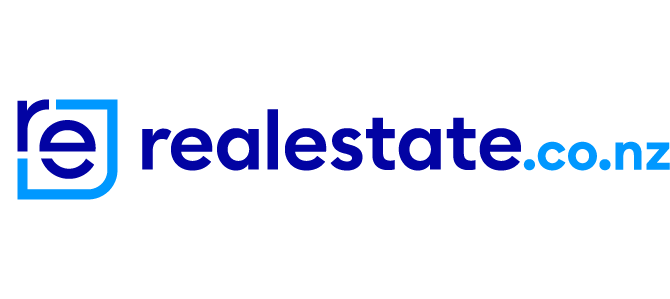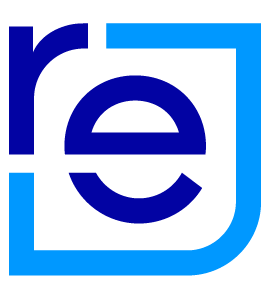Blockchain is the buzzword of 2018.
Whether you've been following this innovation with excitement or avoiding its complexities, the worlds of digital marketing and blockchain have already begun to intersect. In fact, the blockchain marketing technology landscape grew by 400% in the six months from September 2017, according to Never Stop Marketing.
So what exactly is blockchain and how does it belong in digital marketing?

Blockchain is gearing up to reshape digital marketing.
What is blockchain?
A blockchain is a digital ledger of transactions that is distributed, decentralised and incorruptible. A spreadsheet analogy can help to understand it: picture a spreadsheet that is duplicated across a network of computers. Information in this shared spreadsheet is continually reconciled and updated by the network, ensuring all transactions are verified. As there is no single entity controlling the information and no single point of failure, the data in a blockchain is entirely transparent and cannot be altered independently.
What Is #Blockchain Technology? [Infographic]#Fintech #Bitcoin #Ethereum #SmartContracts pic.twitter.com/Bi7vNscUjA
— ipfconline (@ipfconline1) February 3, 2018
Blockchain has been positioned by some as "the new internet" - one which offers heightened privacy, greater control over owned data and validated, valuable transactions. This has a number of implications for online marketing.
1. Changing data-based marketing
Digital marketing has evolved rapidly to become our most data-driven platform for attracting, engaging and converting new leads. At the heart of this is the ability to collect data from web users who visit our websites or interact with our content on social media. We've recently seen an impediment to data-based marketing, in the form of the General Data Protection Regulation (GDPR) in the EU, which requires all organisations to request consent before collecting data from users within the jurisdiction.
Blockchain could pose a more enforced barrier to data collection. New blockchain networks, such as Blockstack and Skywire, are appearing promising a new way to use the internet. On these channels, all user data is encrypted and cannot be freely collected by media platforms. Does this spell the end of digital marketing? Not at all. Instead, it proposes a shift in the way we engage prospects, demanding information be given willingly and deliberately. While this may mean leads appear fewer, we might also see improvements to lead quality.

Blockchain has the potential to enable a true value-based marketing environment.
2. Compensating users for opting in
Value-added content is king in digital marketing and can increase revenue six-fold, according to Kapost. When content provides value to users, it drives engagement and loyalty.
When content provides value to users, it drives engagement and loyalty.
Focusing on providing value to prospects may become even more critical with the advent of blockchain. As users take back ownership of their information, advertisers may look to start rewarding them for opting in to marketing and sharing their data. This is similar to the existing ideas behind gated content, but enabled and made more critical by blockchain.
TV-TWO is a video streaming smart TV application underpinned by blockchain. On this platform, advertisers can pay special "Tokens for Television" (TTV) to air ads. These tokens are connected to the Ethereum blockchain, a cryptocurrency. When users view ads, they gain TTVs themselves, which they can then use in exchanges with content creators on the platform. By cutting out the middleman (a TV network), advertisers and content creators gain access to a consenting, targeted audience. The platform also features a payment algorithm correlating relevance of an ads to its cost - ie., if an ad is deemed relevant to the user it will cost the advertiser less. Meanwhile users enjoy personalised ads and content, and are incentivised and rewarded for consuming advertising.
3. Fraud protection
Advertising fraud is estimated to cost advertisers around $19 billion worldwide this year alone, reports Juniper Research. The use of blockchain in the digital advertising space provides security to advertisers against bots and unreliable publishers. With each user verified by the blockchain, the risk of misreported clicks (or fake clicks from bots) can be significantly mitigated. The transparent, collectively confirmed ledger ensures numbers are accurate and advertisers' cost-per-click expenditure doesn't exceed the real value of clicks.
As an immutable ledger, the blockchain also provides an indisputable record of any transactions, creating total financial transparency between advertisers and publishers – meaning that the future looks to be more about quality than quantity, which is a win for everyone.
As blockchain gains momentum in the digital marketing space, it's important to stay on top of your game and maintain meaningful, high quality media advertising buys. Reach out to realestate.co.nz to discuss putting your brand before a large audience today.
17 Dec 2018

